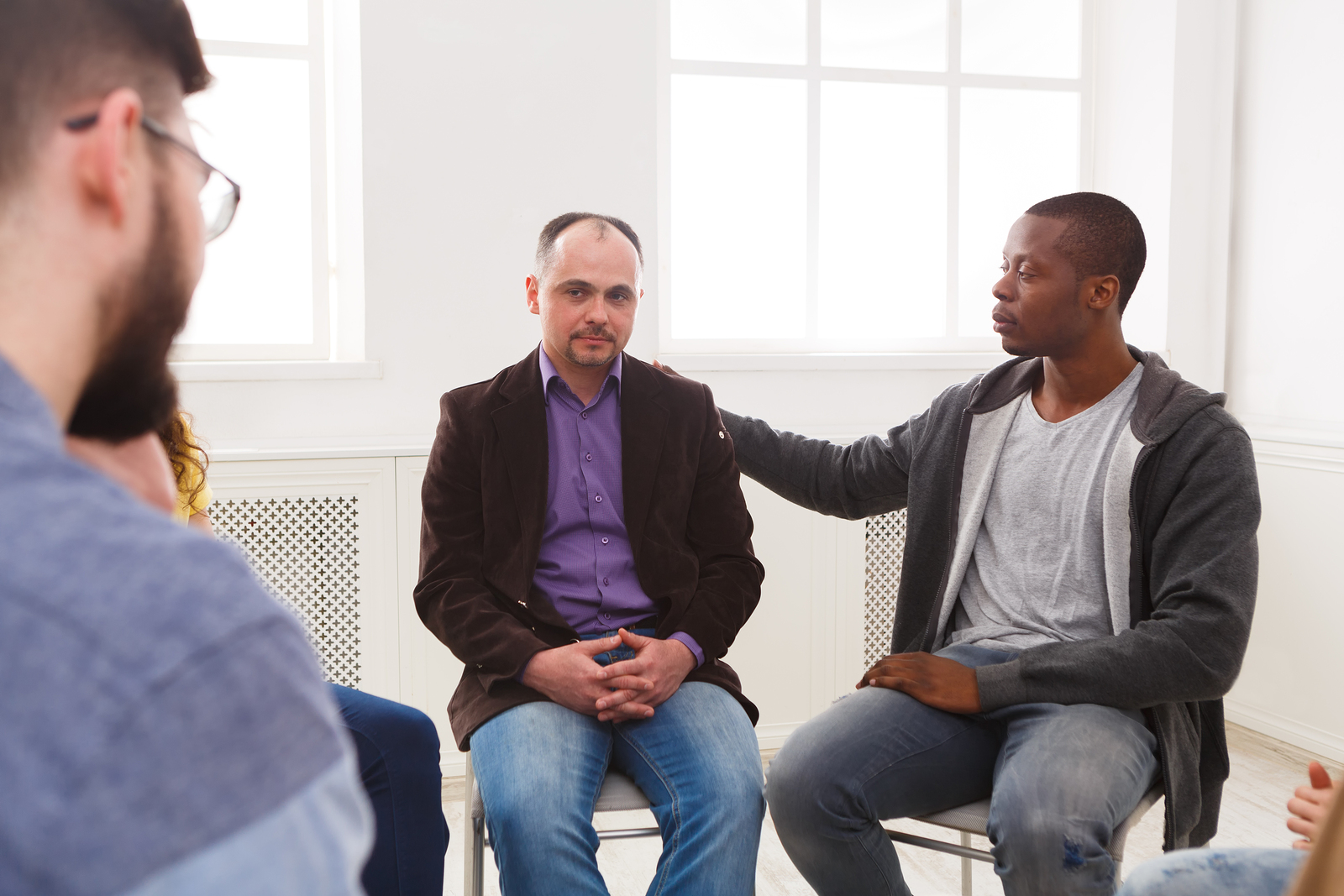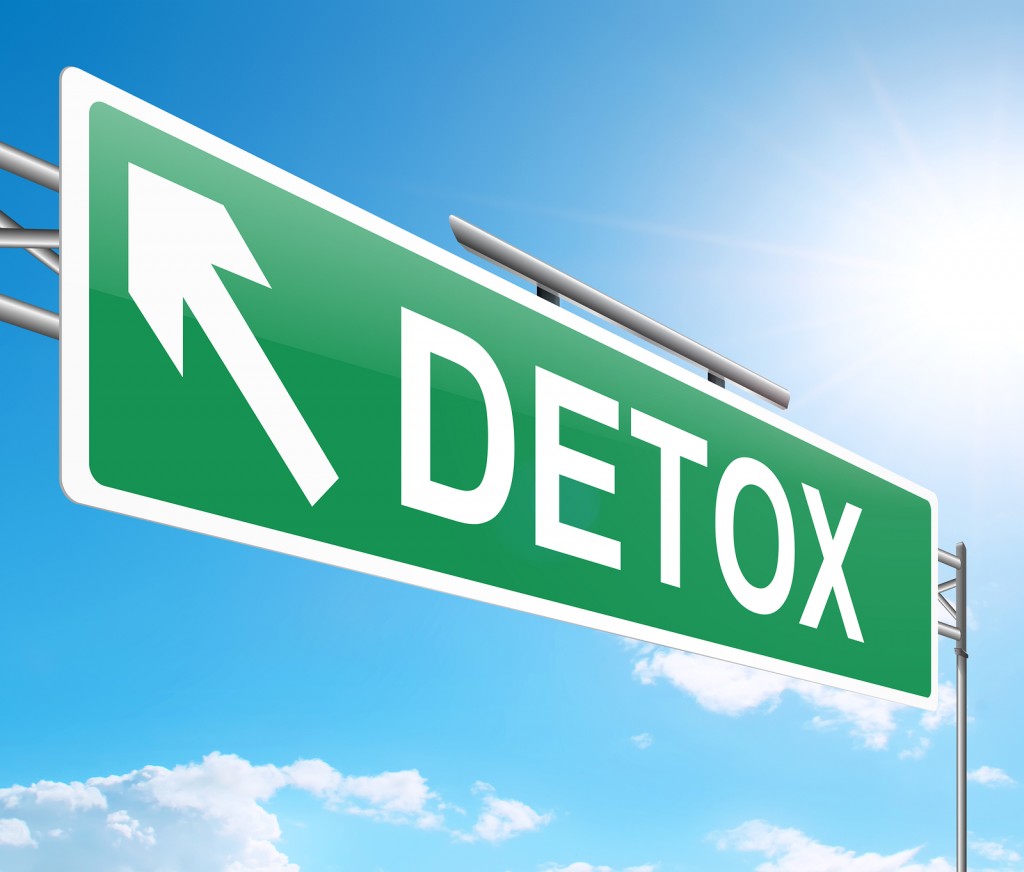
When you enter into addiction treatment or seek any mental health care, you will encounter a variety of treatment options. You are likely already familiar with individual therapy, where you meet with a therapist one-on-one and reap the benefits of talking with someone about the struggles and complicated emotions you may be experiencing.
In addition to individual therapy, group therapy is often used in treatment as a means of allowing individuals to connect with others in therapy while at the same time allowing everyone the chance to experience the benefits of talk therapy.
The benefits of group therapy
Some treatment programs require group therapy attendance; however, if you opt for therapy outside of a treatment facility, you may find enrolling in a therapy group somewhat intimidating. While sticking to individual treatment has its benefits, group therapy can be just as, if not more, supportive of your recovery process than you initially anticipated.
Group therapy’s strength lies in its members having the ability to interact and socialize with each other meaningfully. Groups provide a safe and non-judgmental space, allowing members to share their stories openly and receive honest, supportive feedback.
Overall, group therapy brings about a sense of companionship that may help members understand that they are not alone in this challenging stage of their lives. Together, with the help of their group leader, members lift each other in their fights while attacking the challenge as a whole.
Other benefits of group therapy include:
- Accountability, where members of the group will ask about any victories or losses in your recovery journey and encourage you to continue on your path even when you encounter setbacks; additionally accountability comes from attending as a group – other members will value your presence
- Relatability, where you will be able to talk and share experiences with others who have encountered the challenges of living with a mental health and/or substance use disorder
- Perspective, where hearing the experiences and stories of others will likely impact how you view and tackle your problems and concerns
- Collaboration, where other group members can chime in and help you navigate complicated situations, offer advice or suggest courses of action based on their own experiences
- Examples, are where you can learn from and gain wisdom from how other group members viewed and tackled their problems.
Some of these benefits can’t be gained through individual therapy, so it is vital to ensure that your recovery plan includes some aspect of group therapy. Your recovery will benefit immensely from the camaraderie and accountability provided through your recovery group.
The role of group leaders
Group leaders (experienced therapists) begin the healing process and maintain confidential interactions during sessions. More than being responsible for leading the group’s work, a leader can facilitate change by directly addressing positive interpersonal actions, including actions such as:
• The bravery one may show when sharing his or her struggle with depression
• When various members provide powerful emotional support to one another
• The strength needed for and displayed by a group member who achieved two months of sobriety
Beyond providing positive reinforcement during therapy, a group leader navigates the path to treatment on a case-by-case basis.
For example, they may recognize that a member who has self-harmed is not fundamentally weak but needs positive communication from others. Or they may respect one who does not seem motivated to receive treatment and will encourage others to rally around them in their fight.
No matter the scenario, the group leader will piece together the steps necessary to ensure the treatment of every member.
What do group therapy activities look like?
An additional responsibility of the group leader is guiding members through group therapy activities to promote deeper conversation and “breaking the ice” among a group of individuals. If you choose to participate in group therapy, some activities you’ll likely participate in include:
- A check-in – Group leaders need to make sure they get an idea of how each person is doing, usually accomplished through a few check-in questions to get even the most reserved of the group to feel included, seen and heard
- Nutrition – A healthy diet is crucial for a successful recovery, and activities like meal planning, nutritional education and even cooking together can help foster a desire for healthy eating for the sake of maintaining sobriety
- A vision board – Vision boards take journaling one step further by allowing group members to craft together a visual representation of their goals, dreams and motivations for both the recovery process and life overall
- Stress management – A huge relapse trigger is stress, so group therapy will often include discussions about focus, including triggers, coping mechanisms and practices like yoga or meditation used to reduce the effects
Participating in group therapy will introduce you to many techniques and activities designed to help boost and maintain mental health and addiction recovery.
Looking to join a mental health or addiction recovery group?
If you or a loved one needs mental health support or addiction recovery, consider the benefits of group therapy for your journey. To contact someone about enrolling in or finding a group near you, consider contacting High Focus Centers. Call our offices at 800-877-3628 to learn more about treatment options for you.
Recent Posts
- What to Know About Out-of-State Addiction Treatment Therapy and Mental Health Disorder Treatment
- The Importance of Alumni in Recovery: Peer Support and Helping Others Through the Journey
- Top Reasons to Get and Stay Sober: Building a Life Beyond Addiction
- Understanding Poppers: What They Are, Their Effects and Risks of Use and Abuse
- Finding Your Place on the Continuum of Care: Understanding the Right Treatment for Recovery




